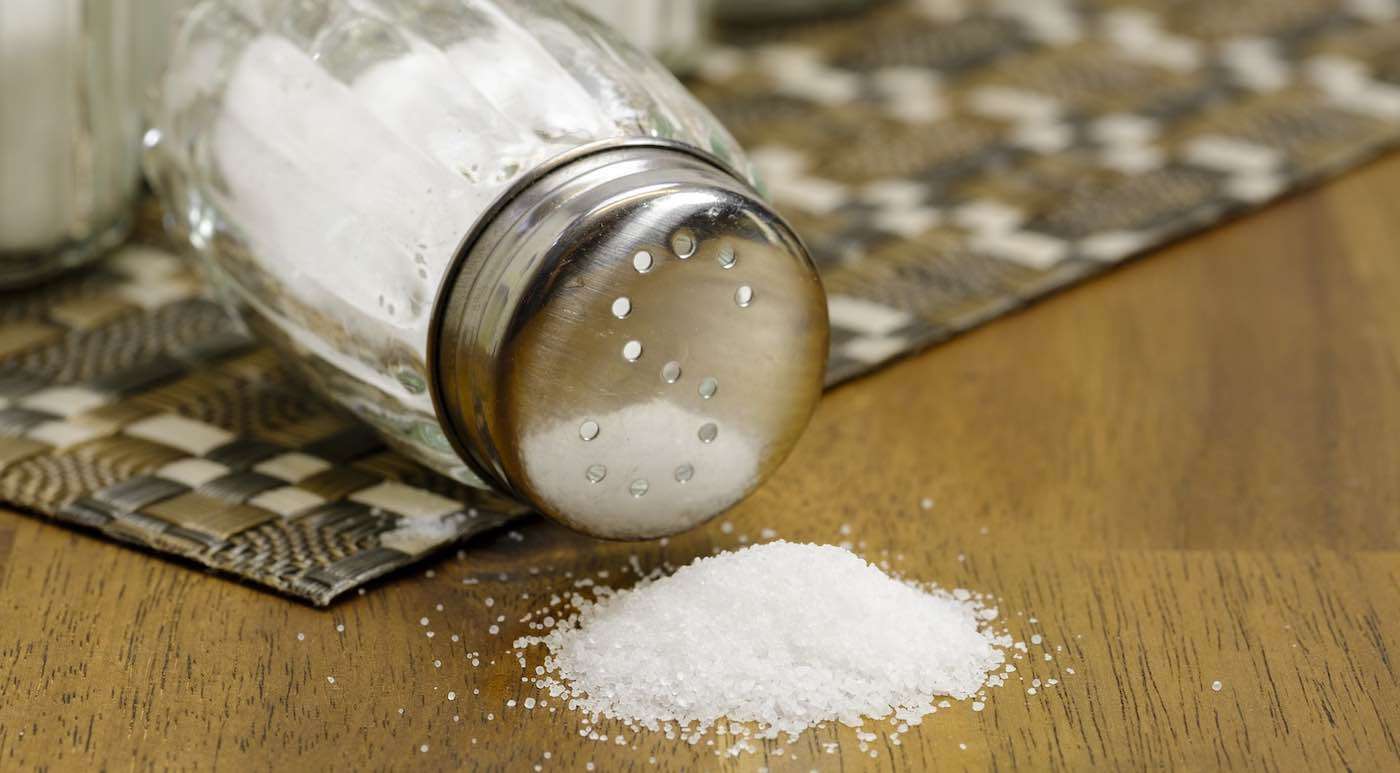First Advanced Parkinson's Patient to Walk Again with New Spinal Implant, 'It's Incredible'
The team says it's committed to testing this same intervention in 6 more patients to get a really good feel for its future potential.

Even patients already on blood pressure medication can bring theirs down further by not adding additional salt above a certain limit to their food, scientists from a trio of universities found in a new paper.
Consuming one less teaspoon of salt a day resulted in a systolic blood pressure decline comparable to the effect achieved with medications, proving that prevention often does beat a cure.
Furthermore, the study of American participants is the first to show that people already on blood pressure drugs could further lower the crucial reading by reducing salt consumption.
The research was conducted by Northwestern Medicine, Vanderbilt University Medical Center, and the University of Alabama.
"We found that 70 to 75 percent of all people, regardless of whether they are already on blood pressure medications or not, are likely to see a reduction in their blood pressure if they lower the sodium in their diet," said Professor Norrina Allen of Northwestern University, a co-principal investigator on the study who added that they didn't know beforehand if people already on blood pressure medication could lower it further by reducing sodium intake.
The study is one of the largest to investigate the effect of reducing salt in the diet on blood pressure to include people with high blood pressure, also known as hypertension, and already on medications. It was a randomized controlled trial, the gold standard of research, and one that's often difficult to use in dietary interventions.
Professor Allen said the total daily sodium intake recommended by the American Heart Association (AHA) is less than 1,500 milligrams, and the study was designed to decrease it even lower than that.
"High blood pressure can lead to heart failure, heart attacks, and strokes because it puts extra pressure on your arteries. It affects the heart's ability to work effectively and pump blood," said Allen's colleague Deepak Gupta, associate professor of medicine and director of the Vanderbilt Translational and Clinical Cardiovascular Research Center.
Just putting table salt on your food is a difficult way to create these outcomes, especially if balanced out by exercise, and most of the risk associated with high sodium intake comes from salt's hidden presence in packaged and processed foods.
Participants in their 50s, 60s, and 70s from Birmingham, Alabama, and Chicago were put on either a high-sodium diet (2,200 mg per day on top of their usual diet) or a low-sodium diet (500 mg in total per day) for a week, after which they crossed over to the opposite diet for a week.
On the day before each study visit, participants wore blood pressure monitors and collected their urine for 24 hours.
Among the 213 participants, systolic blood pressure was "significantly lowered" when they were on the low-sodium diet compared with the high-sodium diet.
"Just as any physical activity is better than none for most people, any sodium reduction from the current usual diet is likely better than none for most people with regards to blood pressure," said Professor Gupta.
The blood pressure-lowering effect of dietary salt reduction was achieved rapidly and safely within one week, according to the research team; a real strong point of the study because it means folks interested in lowering their blood pressure can go out and make the consumer choices to do so immediately.
SHARE This One Step One Outcome Research With Your More Senior Friends…
Be the first to comment